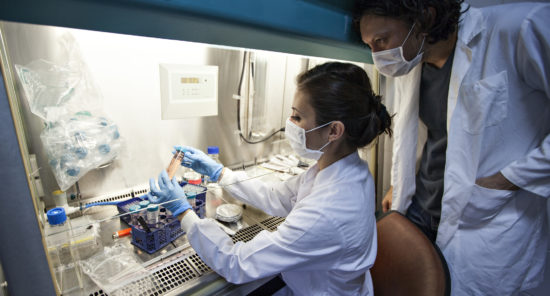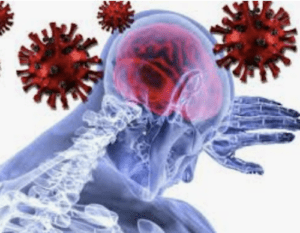Researchers concluded that the presence of gastrointestinal (GI) symptoms during severe acute respiratory syndrome coronavirus 2 (SARS-CoV-2) infection was associated with subsequent GI symptoms and new-onset, postinfectious irritable bowel syndrome (PI-IBS). The study was published in Epidemiology & Infection.
The investigators used logistic regression to analyze data from the prospective Arizona CoVHORT study. Of the 1475 participants in the cohort, 499 (33.8%) had GI symptoms during a confirmed SARS-CoV-2 infection.
Notably, patients who presented with acute GI symptoms had an increased risk of developing persisting GI symptoms at 45 days or more when compared with patients without acute GI symptoms (odds ratio, 4.29; 95% CI, 2.45-7.53). These symptoms lasted an average of 8 months after infection.
Of the patients with persistent GI symptoms, 67% sought care for their symptoms. New-onset PI-IBS was observed in 15 (3.0%). Ultimately, the authors suggested that additional attention should be paid to GI symptoms in patients who experienced acute infection.
Reference: Austhof E, Bell ML, Riddle MS, et al. Persisting gastrointestinal symptoms and post-infectious irritable bowel syndrome following SARS-CoV-2 infection: results from the Arizona CoVHORT. Epidemiol Infect. 2022. doi:10.1017/S0950268822001200








